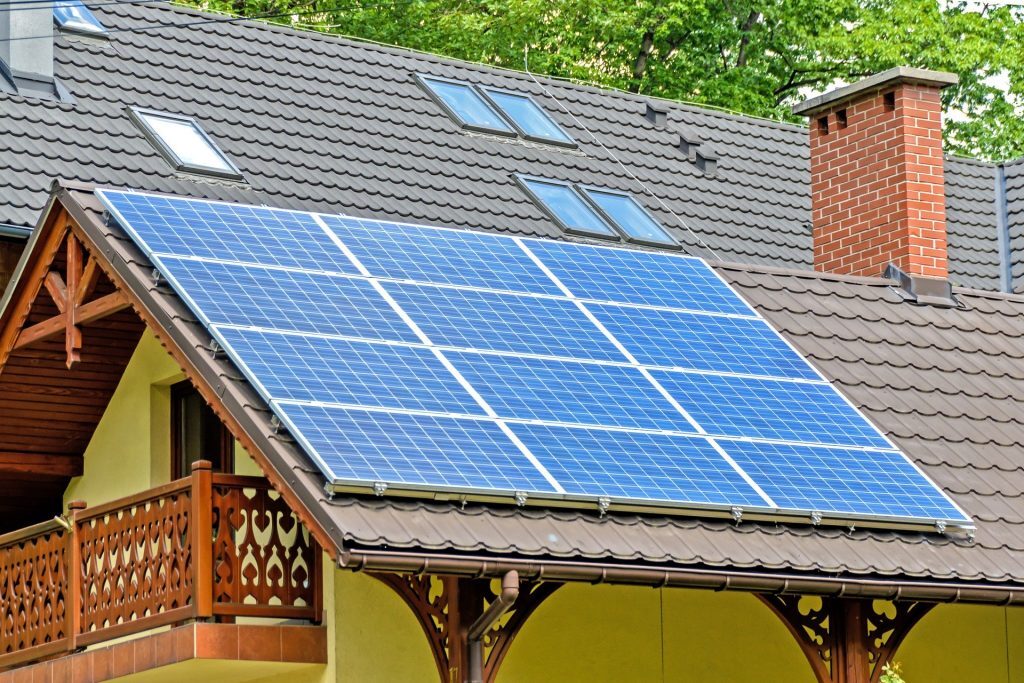The only way I know that there is load shedding is when my street’s WhatsApp group starts asking “does anyone have power”?
I feel guilty just writing about it because last year my wife and I took the plunge and went off-grid. We both work from home and we both need constant electricity and connectivity. We used the solar installer my in-laws have been using and our lives literally changed. Now, we never experience blackouts anymore. I’ve often driven home after dark, and our house is the only one for several blocks with lights on.
When people ask for our solar installer, I give them all the usual reasons: Elite Energy Solutions is a four-generation electrician family business which showed, over the two years they did my in-laws’ system, that they are savvy and responsive.
It’s… alive
At first, I assumed they, well, weren’t very good, but then I realised a solar system isn’t like putting up a satellite dish. These are complex, living systems that need constant tinkering and maintenance. For no reason whatsoever, the inverter might have a hiccup – ours just gave up the ghost one day but was replaced the next – and the battery technology is constantly advancing.
Elite’s technical director Chris Liebenberg joked with us that “we’re going to be friends for 20 years” because the systems require “a process of adjustment”.
Indeed, it is. But I wouldn’t know because Chris does it all himself via a web interface. An electrical engineer by training, and once a big-time consultant installing complex computer IT systems, Chris created his own set-up to monitor his solar systems, using a Raspberry Pi. It is truly a clever hack that means we literally don’t have to fiddle at all.
Read More: Nedbank partners with Hohm Energy to offer solar installations
His brother Adrian and son – also Chris – are electricians who put the solar panels on the roof and rewired our distribution board (DB). They are amazingly responsive when we have problems, which wrongly assumed was because I’m a journalist. All of the other people my wife and I have ever referred Elite Energy to report the same level of care.
Do your homework
We did a fair amount of research to choose our solar installers – and opted for the company we knew had a solid track record. In part, our decision was also based on them actually being electricians who understand how this dangerous, but essential, form of energy works. I spoke to numerous other installers – plumbing businesses who have branched out, and electricians who bring in another contractor – but decided to go with a dedicated company that does this. That is my advice to anyone going solar. Do your homework on the firm you use. There are a terrifying number of reports about fly-by-night operators who provide substandard service, old batteries or just run off with the money.
But what I realised, and now lead with when I introduce Chris and Elite Energy, is: he makes my mother-in-law happy.
And my wife and I. We just don’t suffer from Eskom blackouts – nor the occasional City Power outages. Again, we only know about these because of the street WhatsApp group’s sudden spate of annoyed comments.
Going solar wasn’t cheap but it has been totally worth it. I don’t speak maths as a first language (although I do speak sarcasm fluently) so I can’t give you the calculations we haven’t done about how quickly we’re paying it back. But my father-in-law calculated in the first two years of their going solar that Eskom’s had gone up 43%. That was 2019 and 2020, so the numbers will be much better. (He’s busy working them out for me, and I will update them later).
It pays off long-term
Our system was a bit more pricey because we over-specced it. Deliberately. We wanted to make sure that nothing unforeseen could take us off-line – even that dying inverter didn’t cause any problems.
The thing many people overlook is that you can power batteries and an inverter from any source of power – including the Eskom grid. I bought my mother an inverter and battery (through Chris) and she powers it straight off a plug. But it gives her several hours of battery use during blackouts, including her internet router, DStv and television. Like me, though, she is a vociferous reader and mostly uses the time to read on her Kindle (which is backlit).
Read More: Eskom has discovered batteries
Chris monitors Eskom’s rolling blackouts but also watches the weather. If it’s a cloudy day, he manages where the batteries get their juice – and switches over to the grid when necessary.
As it happened, the worst load shedding we’ve experienced in the last year was when we went away last October. The house we rented ran out of power, despite having an inverter and batteries. This was partly because the substation in the small KwaZulu-Natal town we visited, Umdloti, blew up and there were 20 hours of blackouts in a 24-hour period. It was a rude awakening for my wife and me who have become so accustomed to a pre-2007 life that we hadn’t experienced such #loadshiting, as I prefer to call it.
That is how we’ve survived Eskom and load shedding.





1 Comment
Pity about the the shameless plug for the installer. A hefty discount in return? (But maybe the total lack of any useful technical info is worse.)